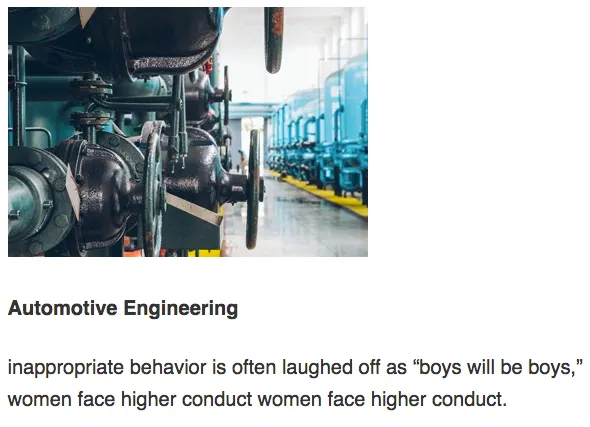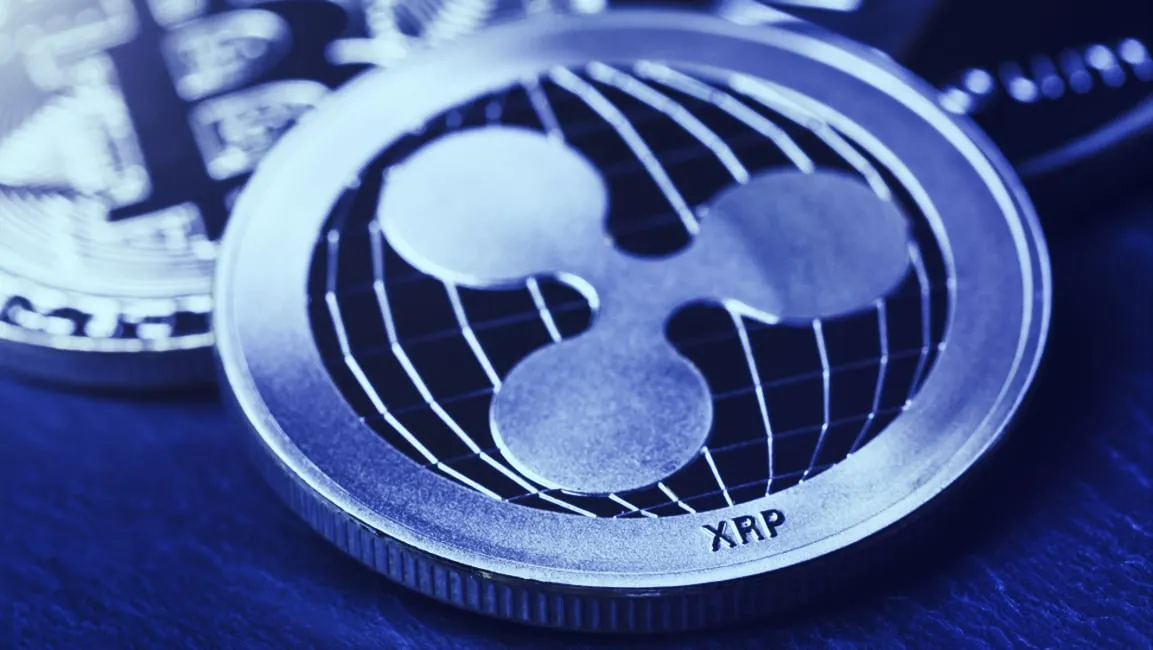The scammers are out in force. This week, two miscreants have tried to capitalize on the upcoming Ethereum hard fork and were not just creative, but surprisingly well-informed in doing so. By playing on the common misconception that hard forks result in new coins—and offering “new coins” on the date the hard fork is set to take place—they managed to appear much more convincing
And now the same ruse is being tried on Ripple’s putative cryptocurrency, XRP. The new fraudulent coin is called XRP Classic, which the fraudsters have branded as a more “original” version of XRP—which you probably know, is the popular coin aimed at cross-border payments. The scammers claim that XRP Classic is a fork of XRP (or at least a better version) but they clearly failed to do their homework.
It turns out that XRP is very hard to fork—ironically, because it’s not especially decentralized. (Despite protestations from Ripple CEO Brad Garlinghouse that XRP is more decentralized than Bitcoin.) If you try to copy the source code and set up your own system of validators but it won’t have the same history as the XRP in existence. And forget a takeover attempt, David Schwartz, CTO at Ripple, tweeted this is technically impossible. So, XRP Classic as a concept, doesn’t even make sense.
The whitepaper is also fairly unconvincing. The majority of it talks about the gig economy and how freelancers are struggling. But it offers a solution, through the miracle of XRP Classic: smart contracts! Here’s the thing, though: XRP isn’t built for smart contracts. It can’t even do them.
On the upside, so far as we can tell, the website doesn’t contain phishing links—which is the mainstay of any scam worth its salt. It’s also built on a template from Colorlib with much of the placeholder text still visible, which seems to involve automotive engineering. Hopefully, that should be enough to prevent the intrepid blockchain explorer from accidentally losing money in this suck hole of sadness.

Interesting to note that there does appear to be some trading volume. The scammers apparently created an Ethereum-based token, “XRPC,” in an attempt to sell worthless tokens to potential investors. On Token Store, an exchange for Ethereum-based tokens, XRP Classic (XRPC) has about 4.2 ETH ($537) in trading volume over the last 24 hours. This means that someone has traded it—possibly the scammers themselves.
All in all, it appears to be a half-baked scheme, through and through. Indeed, at the end of the whitepaper—yes we read it to the end—it signs off, “We hope that you will continue to grow and prosper.” Everyone knows Spock’s famous saying is “Live long and prosper.” Looks like the scammers couldn’t even get that right.

